May 30, 2025 | 14:00 GMT +7
May 30, 2025 | 14:00 GMT +7
Hotline: 0913.378.918
May 30, 2025 | 14:00 GMT +7
Hotline: 0913.378.918
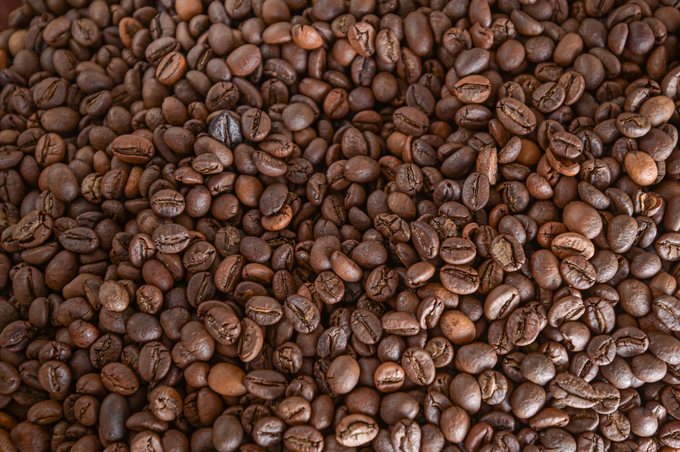
Vietnam has many agricultural products well-suited to the demands of the Halal market, such as coffee, tea, cashews, and pepper. Photo: Tung Dinh.
The global Halal market is extensive, and diverse, and encompasses a variety of sectors. The global Muslim population has achieved approximately 2.02 billion as of 2024, representing nearly 25% of the world's population. It is anticipated to reach approximately 2.8 billion by 2050.
The global Halal economy is anticipated to reach USD 7.7 trillion by 2025, with a projected increase to USD 10 trillion by 2028. Halal products are in high demand across continents, from Muslim-majority to non-Muslim-majority countries, as they adhere to a variety of environmental, quality, and food safety standards.
The global Halal food market is anticipated to reach a value of over USD 2.5 trillion this year and reach USD 4.9 trillion by 2031, as per market research conducted by Cognitive Market Research. This presents significant opportunities for Vietnamese enterprises.
It is a religious obligation for Muslims to consume only Halal (permissible) products and to abstain from Haram (prohibited) products, as outlined in the Quran.
Additionally, the global trend of consuming Halal food is on the rise, even among non-Muslim populations, as a result of the products adherence to environmental, ethical, and health-conscious, as well as food safety, standards.
In June 2023, the Muslim population in Vietnam was approximately 90,000, with the majority of Muslims residing in 14 provinces and localities. The greatest populations were in An Giang, Ho Chi Minh City, Tay Ninh, and Ninh Thuan. The government has officially recognized four Islamic organizations.
In 2023, the trade volume between Vietnam and its ten key trading partners in the Organization of Islamic Cooperation (OIC) reached USD 45.7 billion on a global scale. This growth was particularly evident in several Middle Eastern and African Muslim markets, including the UAE (5.9%), Côte d'Ivoire (29%), Nigeria (23.6%), and Turkey (12%).
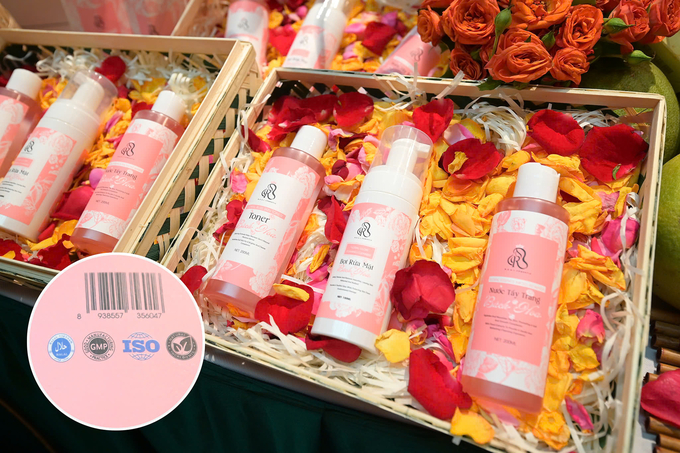
Cosmetics extracted from grapefruit flowers meet Halal standards. Photo: Tung Dinh.
Furthermore, Vietnam and numerous Muslim-majority nations have established objectives to enhance bilateral trade in the forthcoming period. For instance, Vietnam intends to achieve USD 18 billion in trade with Malaysia, USD 18 billion with Indonesia, USD 10 billion with the UAE, USD 5 billion with Turkey, and USD 2 billion with Iran respectively.
Vietnam is currently in the process of negotiating the Comprehensive Economic Partnership Agreement (CEPA) with the UAE in 2024 and is also investigating the possibility of establishing free trade agreements (FTAs) with several Muslim-majority countries, including Turkey and India, in order to achieve these objectives.
According to the National Authority for Agro-Forestry-Fishery Quality, Processing and Market Development (NAFIQPM) within the Ministry of Agriculture and Rural Development, Vietnam is one of the top 20 countries in the world for the export of food and agricultural products. The country is known for its production of rice, tea, cashews, coffee, pepper, shrimp, and fish. Muslim-majority countries have already established trust in several of these products, including coffee, tea, legumes, and dietary staples, which are well-suited to the preferences of Muslim consumers.
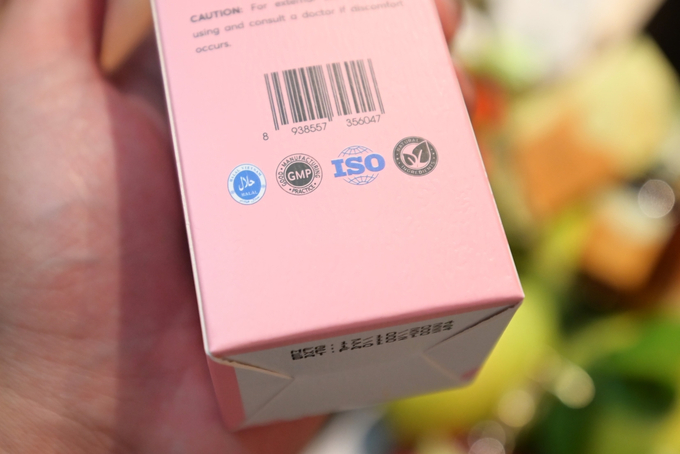
Vietnamese products with Halal certification (label on the far left) serve as a foundation for tapping into this multi-trillion-dollar market. Photo: Tung Dinh.
At present, a significant proportion of Vietnamese agricultural food products are compliant with food safety standards that are compatible with Halal certification, including VietGAP, GlobalGAP, organic certification, HACCP, and ISO. Consequently, they are in high demand among Muslim consumers.
NAFIQPM also observes that nearly 1,000 Vietnamese enterprises are Halal-certified, with TH True Milk and Trung Nguyen being among the industry leaders. This establishes a foundation for the future expansion of the number of Vietnamese enterprises that are involved in the Halal agricultural food supply chain.
Vietnam's extensive integration into the global economy, which includes high-quality, new-generation free trade agreements (FTAs) with demanding markets such as the EU, USA, and Japan, is another advantage for Vietnamese agricultural products in capturing this multi-trillion-dollar market.
On February 14, 2023, Vietnam implemented Project No.10, which stipulates the "Enhancing International Cooperation to Build and Develop the Vietnamese Halal Sector by 2030."
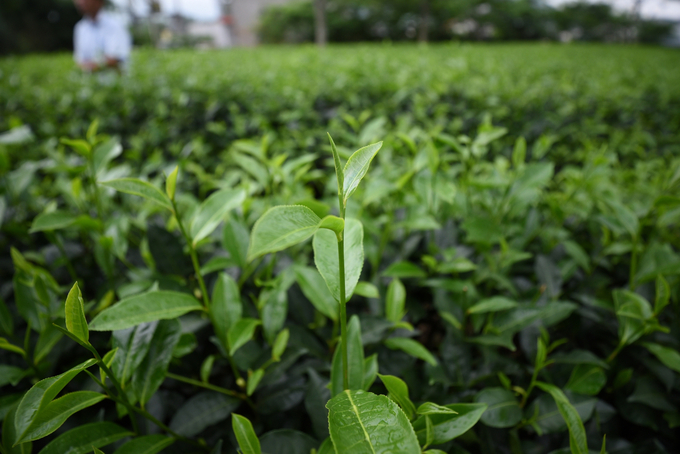
To effectively harness the potential of the Halal market, appropriate policies and a dedicated ecosystem for this industry are essential. Photo: Tung Dinh.
Furthermore, the National Halal Certification Center's establishment in April 2024 has facilitated the development of a unified state management approach for Halal certification, thereby facilitating the entry of Vietnamese businesses into the global Halal market at a lower cost.
To date, Vietnam is in the process of concluding a decree regarding the administration of Halal products and services. The objective of this legal framework is to facilitate the development of the Halal economy and guarantee effective management.
Furthermore, Vietnam has started the process of establishing a national Halal standards system to assist Vietnamese enterprises in comprehending and effectively implementing these standards in their production and business operations. This will facilitate the Halal certification of their products.
Challenges and solutions
Vietnamese agricultural products encounter numerous obstacles when attempting to penetrate the Halal market, despite their substantial potential. The primary concern is the absence of a unified Halal standard that can be implemented in all countries. As an alternative, the certification process is characterized by the involvement of numerous agencies and organizations, each of which has its own unique set of procedures. This creates a substantial technical barrier for products that aspire to enter this market.
Vietnam has not yet established Halal ecosystems, while major suppliers with extensive experience, including Australia, Singapore, Thailand, and Brazil, occupy significant market shares.
NAFIQPM recommends increased international collaboration to facilitate Halal certification, production, and training to confront these obstacles. Furthermore, improving the legal framework will foster the growth of the Halal economy.
An alternative approach is to develop a Halal ecosystem development strategy that integrates advanced technology and guarantees the involvement of various ministries, local governments, and economic sectors. Mobilizing resources from the entire society will be imperative to advance this sector.
Translated by Linh Linh
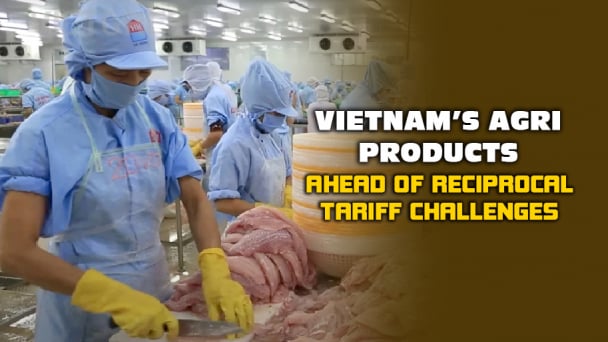
(VAN) Reciprocal tariffs are exerting pressure on U.S. exports, prompting Vietnamese firms to shift their focus to Muslim markets, Thailand, and Brazil.
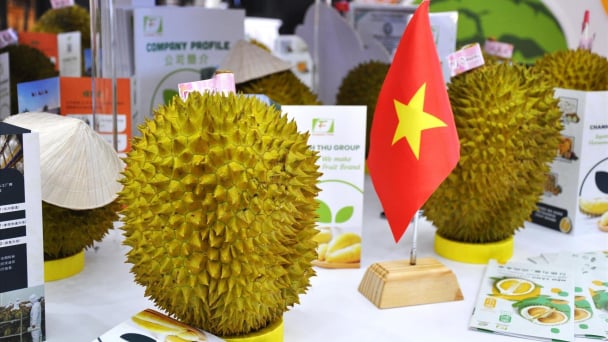
(VAN) A free booth for two years at Xinfadi, Beijing's largest wholesale market, will be allocated to Vietnam's agricultural products.
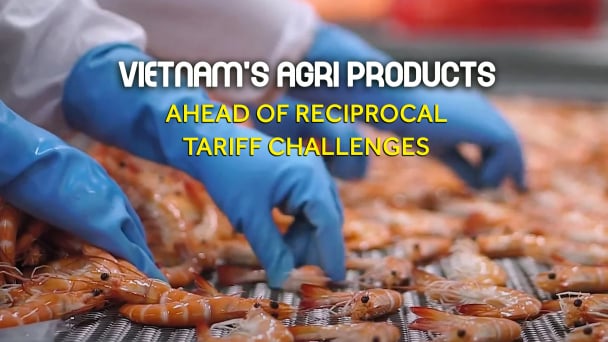
(VAN) Vietnamese shrimp exporters are actively looking for alternative markets and accelerating shipments to the United States in response to the pressure of impending reciprocal tariffs. This is occurring during a temporary tariff suspension.

(VAN) The import-export turnover between Vietnam and Singapore rose amid a trade rebound, with machinery, electrical equipment, and fuels making up the majority of the transaction value.

(VAN) Director General of the General Administration of Customs of China, Ms. Sun Mai Jun, has pledged to implement measures that will ease the import process for Vietnamese agricultural products.

(VAN) Although Vietnam is still increasing its coffee exports, the industry is currently in the process of determining market strategies in response to the U.S. imposition of reciprocal tariffs.

(VAN) With rising demand in Muslim-majority countries, Halal certification is becoming a critical passport for Vietnamese agricultural products seeking sustainable market access and consumer trust in the Middle East and Africa.